WASHINGTON (Reuters) - U.S. Secretary of State Marco Rubio said on Sunday the next few days will determine how serious Russian President Vladimir Putin is about peace in Ukraine, as U.S. officials fly out to Saudi Arabia for meetings with Russian officials.
America's top diplomat also played down European concerns about being cut out of the opening talks between Russia and the United States, saying in an interview with CBS that a negotiation process had not yet begun in earnest.
Earlier on Sunday, Reuters reported that U.S. officials had handed European officials a questionnaire asking, among other things, how many troops they could contribute to enforcing a peace agreement. But no European allies were invited to Saudi Arabia, where Russian and American officials are expected to kick off talks early in the week about ending the Ukraine war.
"President Trump spoke to Vladimir Putin last week, and in it, Vladimir Putin expressed his interest in peace, and the president expressed his desire to see an end to this conflict in a way that was enduring and that protected Ukrainian sovereignty," Rubio said on CBS' "Meet the Press."
"Now, obviously it has to be followed up by action, so the next few weeks and days will determine whether it's serious or not. Ultimately, one phone call does not make peace."
U.S. Middle East Envoy Steve Witkoff and National Security Adviser Mike Waltz were due to leave for Saudi Arabia on Sunday evening, Witkoff said in a Fox News interview earlier in the day. Rubio noted he was due to be in Saudi Arabia anyway due to previously arranged official travel. The composition of the Russian delegation had not yet been finalized, Rubio said.
EUROPEAN ROLE IN PEACE TALKS, OR NOT?
Rubio and Witkoff rejected concerns that Ukraine and other European leaders would have no place at peace negotiations, despite Trump's Ukraine envoy Keith Kellogg suggesting precisely that at this weekend's Munich Security Conference.
Witkoff noted in an interview on Fox News' "Sunday Morning Futures" that Ukrainian officials had met several U.S. officials in recent days at the conference, while Trump had talked with Ukrainian President Volodymyr Zelenskiy last week.
Rubio said that Ukrainians and other Europeans would be included in any meaningful negotiations.
"Ultimately, it will reach a point - if it's real negotiations, and we're not there yet - but if that were to happen, Ukraine will have to be involved because they're the ones that were invaded (by Russia), and the Europeans will have to be involved because they have sanctions on Putin and Russia as well," Rubio said.
"We're just not there yet."
French President Emmanuel Macron will host European leaders on Monday for an emergency summit on the Ukraine war, Macron's office said, in the wake of Kellogg's remarks.
European officials have been left shocked and flat-footed by the Trump administration’s moves on Ukraine, Russia and European defence in recent days.
Chief among their fears is that they can no longer count on U.S. military protection and that Trump will do a Ukraine peace deal with Putin that undermines Kyiv and broader European continental security.
Asked if he had discussed lifting sanctions on Russia during a Saturday phone call with Russian Foreign Minister Sergei Lavrov, Rubio declined to confirm this, saying only that they "did not go into any details".
After that call, Moscow said that the two had discussed the removal of "unilateral barriers" set by the previous U.S. administration in relations with Russia.
Rubio said he did address the "difficult" operating conditions of the U.S. embassy in Moscow with Lavrov. If there was to be progress in Ukraine peacemaking, both Russia and the U.S. would need properly functioning embassies in the other country, he added.
(Reporting by Gram Slattery; editing by Michelle Nichols and Mark Heinrich)

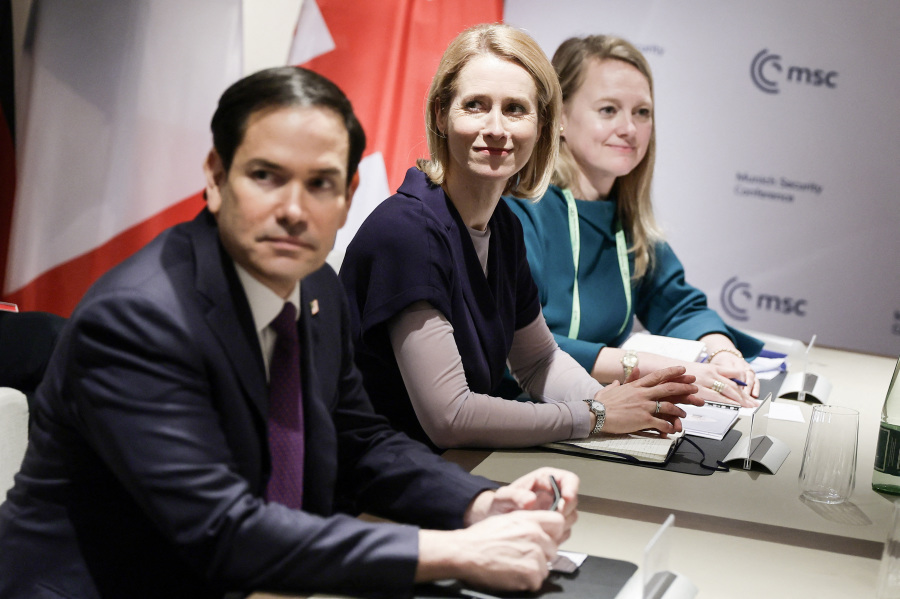

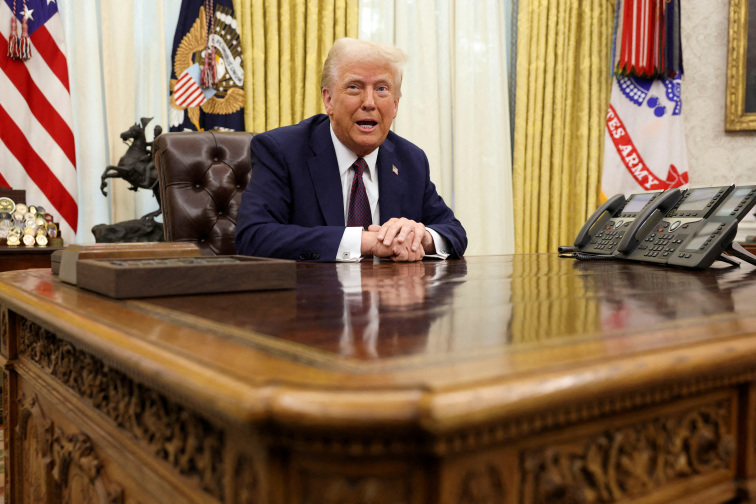
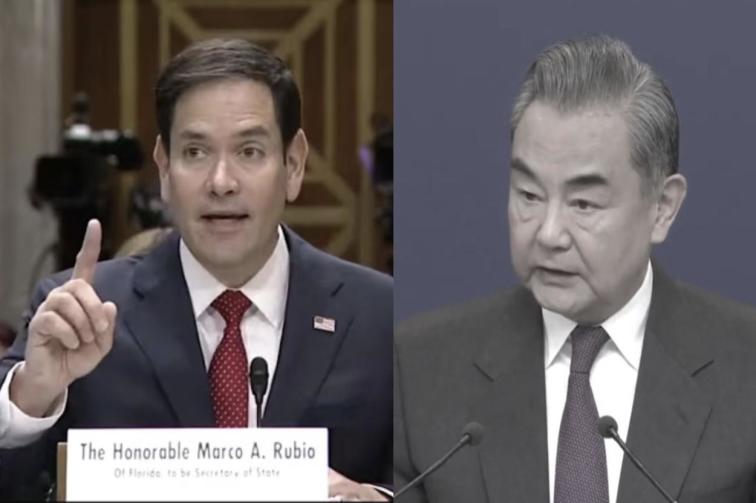
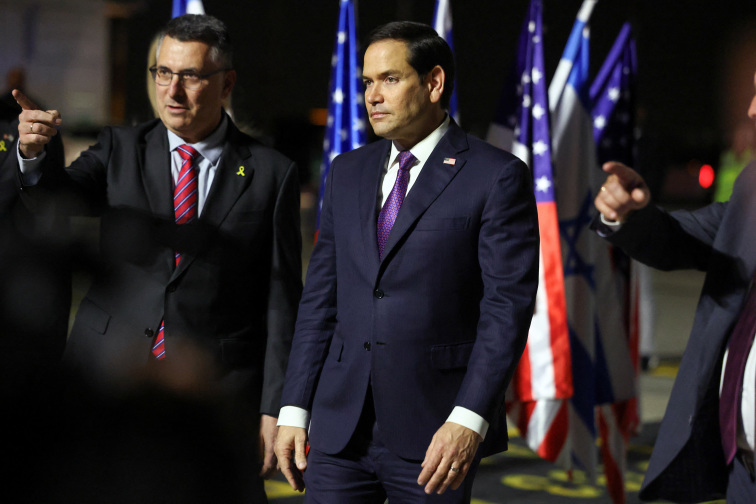
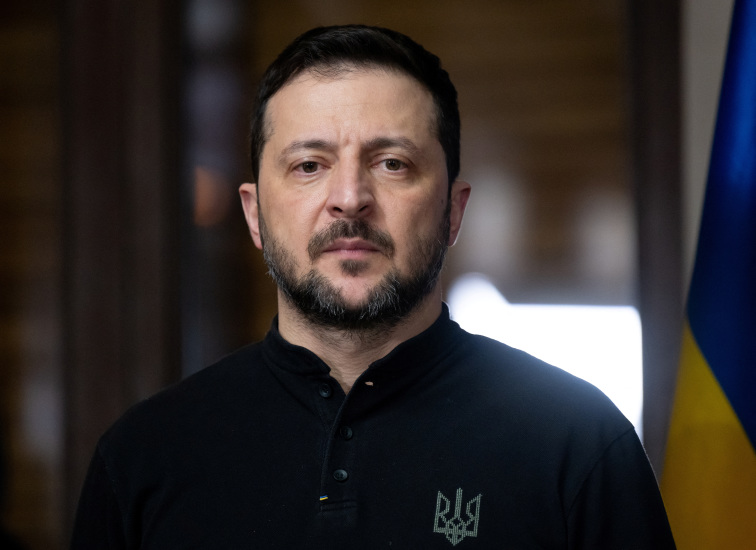
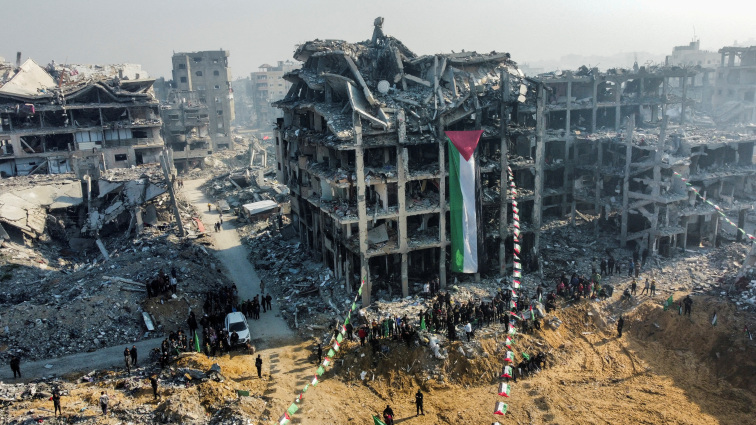

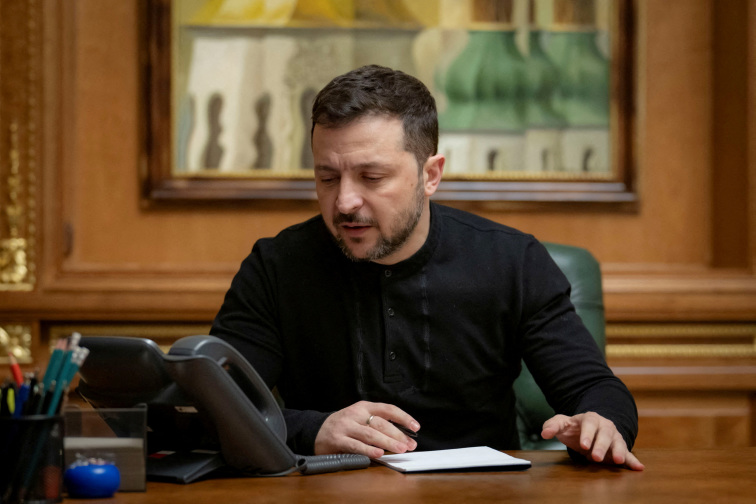

News magazine bootstrap themes!
I like this themes, fast loading and look profesional
Thank you Carlos!
You're welcome!
Please support me with give positive rating!
Yes Sure!